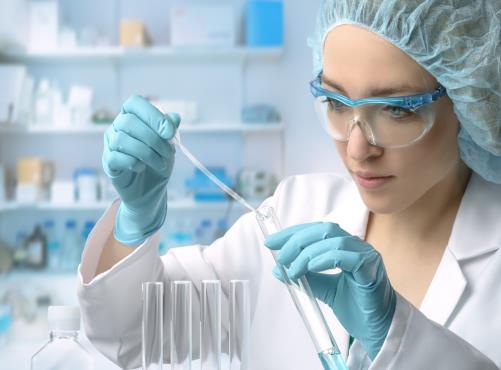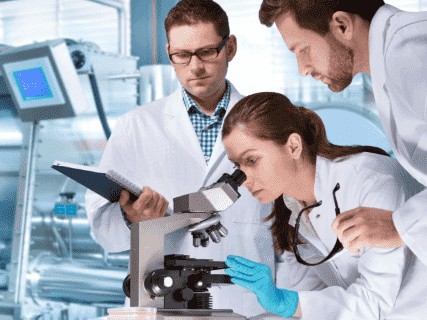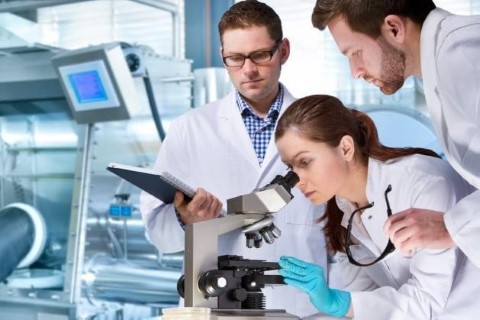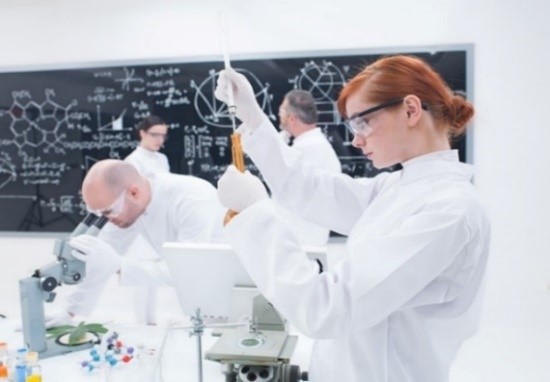COURSE OVERVIEW
LE0015(KJ1) : Laboratory Analysis of the Chemical and Physical Properties of Water

OVERVIEW
| COURSE TITLE | : | LE0015(KJ1) : Laboratory Analysis of the Chemical and Physical Properties of Water |
| COURSE DATE | : | Sep 28 - Oct 02 2025 |
| DURATION | : | 5 Days |
| INSTRUCTOR | : | Dr. Tarek Awad |
| VENUE | : | Dubai, UAE |
| COURSE FEE | : | $ 5500 |
Course Description
The course presents an overview of the need for analysis of water, how analytical methods are developed and quality control is applied and how the results of analysis are used. It will describe the physical, chemical and other relevant properties of water components and will also cover sampling, cleanup, extraction and derivatization procedures. Older techniques that are still in use will be compared to recently developed techniques and participants will be directed to future trends. A similar strategy will be followed for discussion of detection methods. In addition, the applications of analysis of water types (potable water, tap water, wastewater, seawater) will be reviewed.
Because water is an excellent solvent, it dissolves many substances. To get correct results and values, analysts have to follow sample strategies. Sampling has become a quality-determining step. If samples can’t be analyzed directly they have to be stored and preserved. Physical, chemical or biological activities in a water sample can distort the chemical composition in water. Statistical treatment of data ensures the reliability of the results. Statistical methods will also be reviewed in this course.
The course will deal with the water characteristics (physical, chemical and organoleptical) and their analysis methods. Physical characteristics of water, such as temperature, color, turbidity, etc., will be discussed, in addition to hardness, acidity, alkalinity, antioxidant demand and how dissolved oxygen is detected.
Humans both consume and pollute large quantities of water. This course will deal with injurious or toxic substances of domestic, agricultural and industrial sources: sulfuric compounds, ammonia, nitrites, nitrates, organic nitrogen, phosphates, organic acids, phenolic compounds, cyanides, metals, pesticides, PCBs, dioxins, PAHs, BTEX compounds, oils, greases, petroleum hydrocarbons, asbestos, silicates and surfactants. This course will also discuss new technologies on radionuclides and their possible health hazards in water and the whole environment.
Water is a living element housing a lot of organisms, wanted or unwanted, harmful or harmless. Some of these organisms produce toxic substances. This course will discuss bacteriological and algal analysis. It will give participants detailed information on most of the cited techniques, sample preparation, separation and detection methods.
TRAINING METHODOLOGY
This interactive training course includes the following training methodologies:
LecturesPractical Workshops & Work Presentations
Hands-on Practical Exercises & Case Studies
Simulators (Hardware & Software) & Videos
In an unlikely event, the course instructor may modify the above training methodology for technical reasons.
VIRTUAL TRAINING (IF APPLICABLE)
If this course is delivered online as a Virtual Training, the following limitations will be applicable:
| Certificates | : | Only soft copy certificates will be issued |
| Training Materials | : | Only soft copy materials will be issued |
| Training Methodology | : | 80% theory, 20% practical |
| Training Program | : | 4 hours per day, from 09:30 to 13:30 |
RELATED COURSES

LE0115 : Modern Analytical Laboratory Management Operations Analytical Instrumentation Equipment Safety and Quality ISO 17025
- Date: Mar 29 - Apr 02 / 3 Days
- Location: Al Khobar, KSA
- Course Details Register

LE0060 : Practical Problem Solving in Chemical Analysis
- Date: Mar 29 - Apr 02 / 3 Days
- Location: Dubai, UAE
- Course Details Register

LE0290 : Advanced GLP: Uncertainty Measurement, Data Validation, Method Validation & Statistical Process Control (SPC) in Analytical Laboratory According to ISO 17025
- Date: Mar 29 - Apr 02 / 3 Days
- Location: Dubai, UAE
- Course Details Register

LE0115 : Modern Analytical Laboratory Management Operations Analytical Instrumentation Equipment Safety and Quality ISO 17025
- Date: Mar 29 - Apr 02 / 3 Days
- Location: Al Khobar, KSA
- Course Details Register
